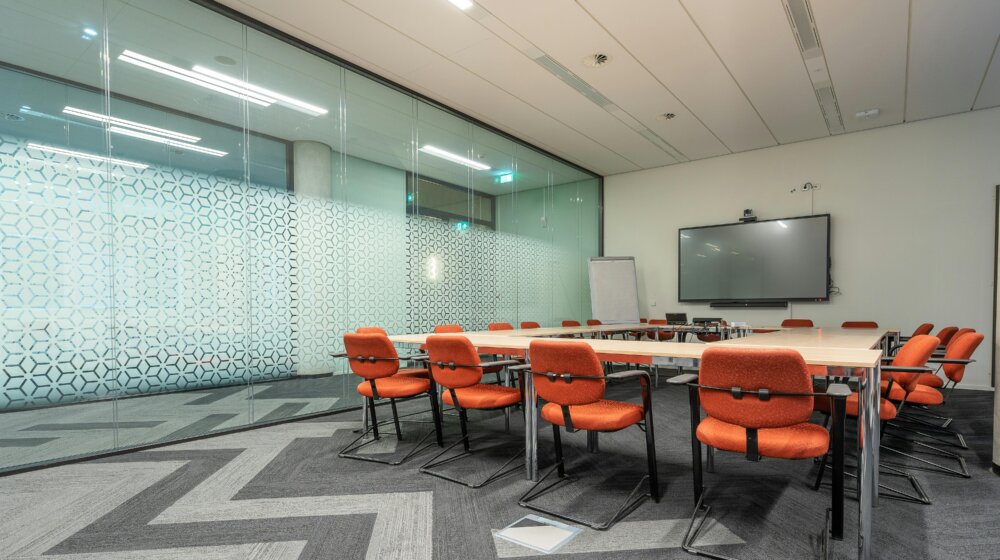
Court Delays and Family Arbitration
“Delay in justice is an injustice” – the words of English poet, Walter Savage Landor over 200 years ago still ring true today.
The well documented court delays and recent practice directions from the President of the Family Division, have asked of us to engage with alternative methods of bringing their dispute to a conclusion throughout their case. One such option is Arbitration. I recently attended a financial remedy arbitration and have found myself reflecting upon the practicalities that distinguish arbitration from Court proceedings and the positive impact this can subsequently have on people’s experience at a final hearing (and beyond).
In the context of family disputes, arbitration can be used to resolve financial remedies on divorce or child arrangements which would otherwise be dealt with by a Judge or magistrates in Court.
The advantages are many:
- Expertise
Parties have the option to appoint an arbitrator of their choosing, often an experienced solicitor or barrister or part time Judge. Parties can be guided by their legal advisers on this choice. If agreement cannot be reached, parties can opt to have the Institute of Family Law Arbitrators select an arbitrator for them.
In my experience arbitrators are often well prepared and will have had opportunity to review and consider the papers and to get to grips with the key issues in your matter in advance of the arbitration hearing. By comparison, Judges have extremely busy lists and there is no guarantee that they will have read the papers to the extent that you may wish if the case is in Court.
2. Avoid Court
This is perhaps the most obvious distinction. Your matter will be heard outside of Court, often in a barristers’ chambers, a law firm or another venue agreed by everybody. This often makes the experience less daunting although the process may well mirror what would happen at court; there can be agreed variations. Comfortable facilities with amenities allow the focus outside of the hearing to be on preparations, discussions, negotiations, strategy and de-briefing. At an arbitration both parties and their legal teams will be offered separate conference rooms, often with entirely separate facilities that remains at your disposal for the duration of the arbitration.
By comparison, at Court there can be huge amounts of waiting. Courts have busy lists and there is limited time and space. There may not be conference rooms available when you need them and you may have the discomfort of having to share space with other the other party and their legal team, as well as other Court users, which limits the opportunity for private consultation and negotiation.
3. Privacy
Arbitration offers privacy; with increasing transparency in family courts, with legal journalists able to attend, those who want to keep their business private can do so.
4. Flexibility
In Court proceedings we are beholden to Court and judicial availability. At present, the Family Court system is severely backlogged and it is not uncommon for hearings (including final hearings) to be pulled from the Court’s list with little more than a few days’ notice, by which stage barristers’ fees may already be payable and almost all of the preparatory work will have been completed by your solicitor. It may also mean your chosen barrister is not available and you and your solicitor have to invest time, money and energy in bringing a new representative onboard.
In contrast, arbitration allows us to fix a mutually convenient date for the hearing. Everybody involved is in control of agreeing the timeframe and date. This can help offer some control in a situation where so much feels overwhelmingly outside of your control.
It also means that, if everybody agrees it is possible, a matter can be heard, and a decision reached much more quickly than if the Court is to be used to reach a final decision. Waiting times for Court hearings are much longer than anybody would like them to be. An arbitration hearing can often be listed much sooner than a final Court hearing (particularly if multiple days of court time are required).
5. Cost savings
An arbitrator will charge a fee, which will need to be paid in addition to your solicitor and barristers’ fees; paradoxically, despite having to pay the arbitrator’s fee, arbitration will often cost less than a court hearing.
Arbitration can help expedite a case, which often means that the total legal bill will be less than where a final hearing in Court is required. Having to wait for a matter to be listed at Court can mean that there are additional months where you will need to retain your solicitor and therefore pay their fees. Furthermore, the irrecoverable costs associated with last minute cancellations by the court are avoided.
6. Speed
After your arbitration hearing has concluded you will receive a detailed written judgement from your arbitrator. This judgement is an enforceable, final judgement. It will have to be submitted to the Court for approval, after which the terms of the judgement can be implemented. This offers a conclusion to what is often a difficult chapter and enables parties to move on with their lives significantly quicker than the traditional court route.
As a family solicitor my aim is always to first and foremost support my clients to reach an out of court settlement where this is possible. In some cases this is simply not an option and in circumstances where a final determination is required, I remain of the view that arbitration is a good alternative to a final hearing at Court.
If you would like to find out more please contact our Family team who would be happy to discuss the contents of this article and any relating matters you may have.
Disclaimer: General Information Provided Only
Please note that the contents of this article are intended solely for general information purposes and should not be considered as legal advice. We cannot be held responsible for any loss resulting from actions or inactions taken based on this article.
Insights
Latest Insights



Request a call back
We’ll arrange a no-obligation call back at a time to suit you.
